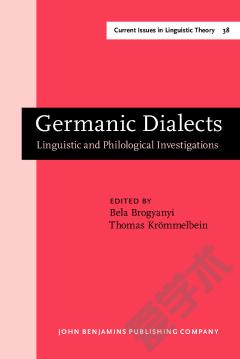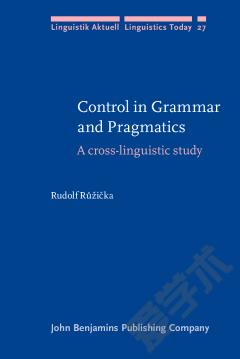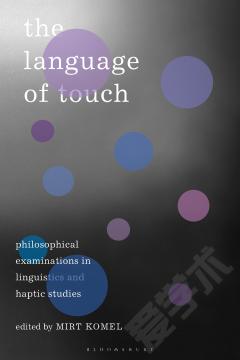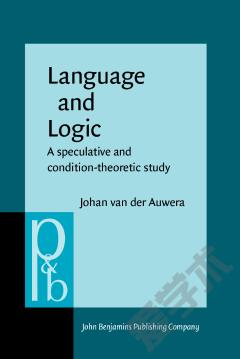Pragmatics and Classical Sanskrit. A pilot study in linguistic politeness.
This book explores the possibilities and limitations of pragmatic research in classical Sanskrit concentrating on linguistic politeness. The four case studies it comprises are in essence empirical, and try to accurately describe a fairly limited number of interactions between an also limited number of people. The underlying assumption is that a micro-analysis yields recognizable patterns of communicative styles and that these generalizations improve our insight in the workings of politeness (deference) in this language and in languages in general. This book also shows that the relation between classical languages and pragmatics is not necessarily a one-way street. The data provide ample evidence that a detailed text study offers rich opportunities both to supplement experimental studies (e.g. the Cross-Cultural Speech Act Realization Project) and to evaluate existing pragmatic theories constructed on the basis of contemporary languages.
{{comment.content}}








 京公网安备 11010802027623号
京公网安备 11010802027623号